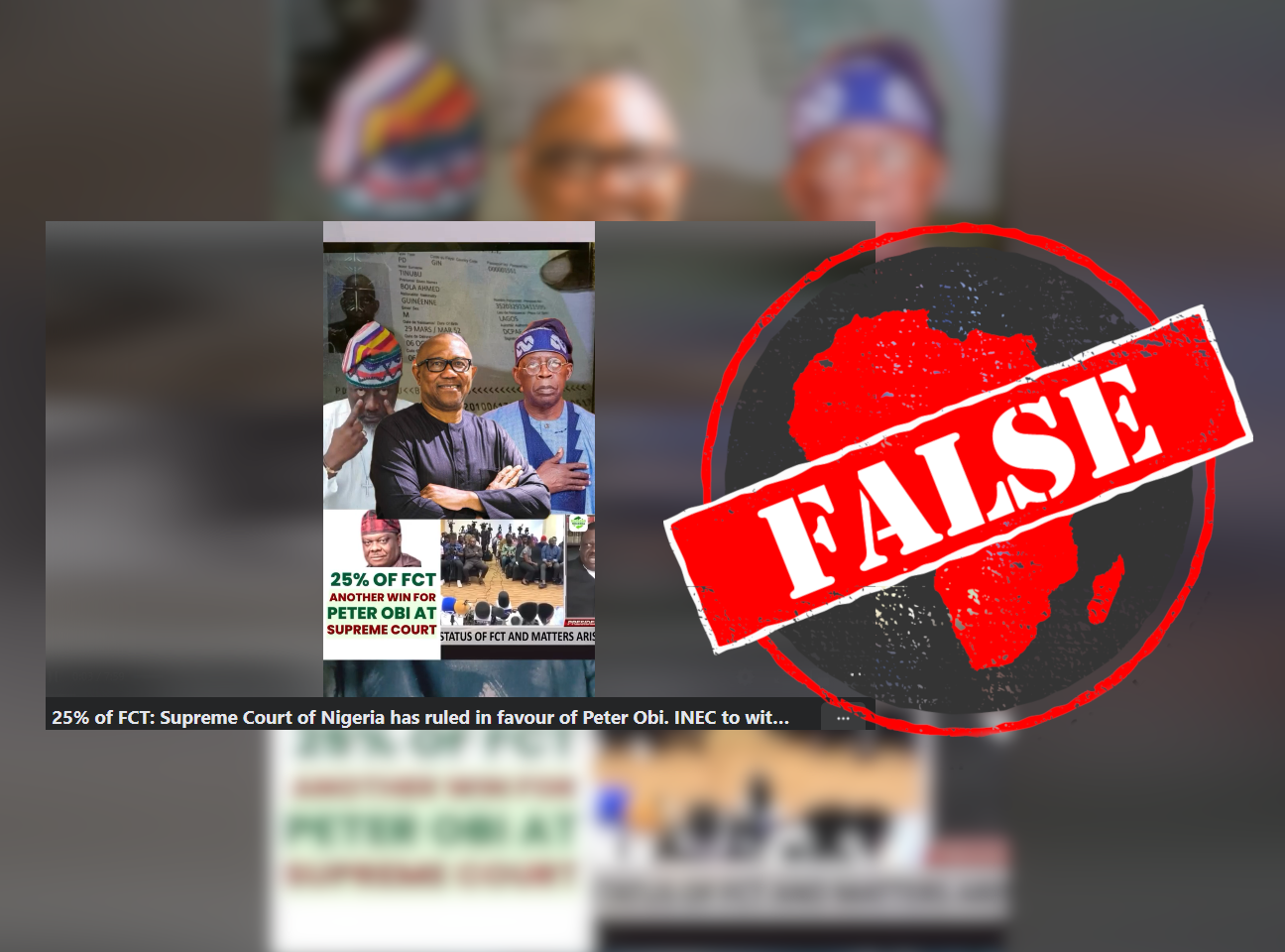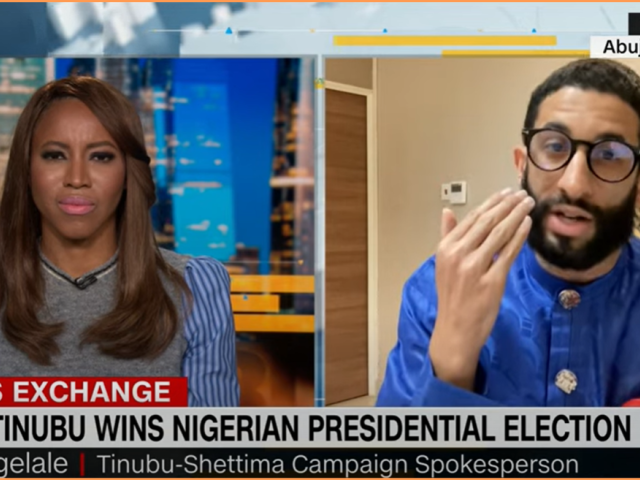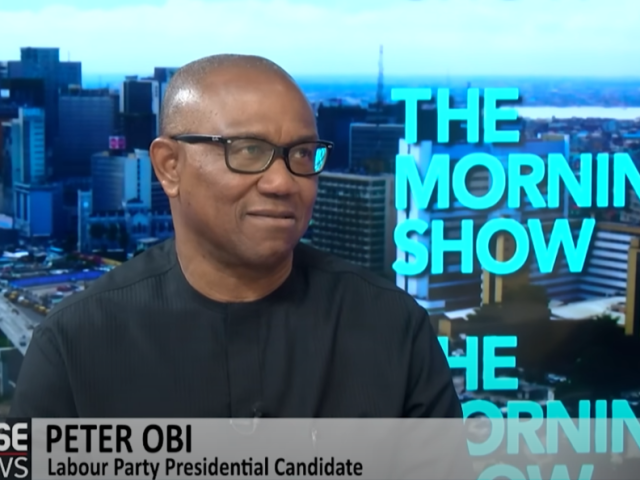IN SHORT: A video circulating on social media in Nigeria claims that the country's supreme court has ruled on a controversial petition to overturn Bola Tinubu's victory in the March 2023 presidential election. But this is not true - the petition has not yet reached the court.
A video posted on Facebook claims that Nigeria’s supreme court has ruled in favour of the Labour Party’s presidential candidate, Peter Obi, who is challenging the outcome of the 25 February 2023 election.
One of the requests in Obi’s petition to the presidential election tribunal is that Bola Tinubu should not be declared president-elect because he did not get 25% of votes in the Federal Capital Territory (FCT), Abuja, as required by the Nigerian constitution.
Tinubu ran on the ticket of the ruling All Progressives Congress.
“25% of FCT: Supreme Court of Nigeria has ruled in favour of Peter Obi. INEC to withdraw Tinubu – Benedict,” the caption to the video reads. It includes a video in which the claim was repeated.
Inec refers to the Independent Nigeria Electoral Commission, which organises elections in the country.
The same video appears on Facebook here, here and here, and a very similar version with the same claim here and here.
Obi won the FCT, with 59% of the votes. Tinubu came second with 19% of the votes.
But has the supreme court ruled in Obi’s favour?

Reference to a 2008 ruling
In the one video, the commentator references a March 2023 TV interview with former justice minister and attorney-general of the federation Michael Aondoakaa.
In that interview, Aondoakaa talked about the supreme court’s 2008 interpretation of the controversial section 133 of the Nigerian Constitution.
This section says: “A candidate for an election to the office of President shall be deemed to have been duly elected to such office where, being the only candidate nominated for the election - (a) he has a majority of YES votes over NO votes cast at the election; and (b) he has not less than one-quarter of the votes cast at the election in each of at least two-thirds of all the States in the Federation and the Federal Capital Territory, Abuja.”
The controversy in 2023 was whether a presidential candidate would have to win at least 25% of the vote in Abuja, in addition to the same share of the vote in at least two-thirds of all states.
Aondoakaa said the supreme court’s interpretation in 2008 suggests getting 25% of the votes in Abuja is compulsory. But he also said that it was 14 years ago and the court might want to review that interpretation.
At time of publication, Obi’s petition is still with the presidential election tribunal. It has not reached the supreme court and so the court could not have ruled on it. The claim in the viral video is incorrect.
Republish our content for free
For publishers: what to do if your post is rated false
A fact-checker has rated your Facebook or Instagram post as “false”, “altered”, “partly false” or “missing context”. This could have serious consequences. What do you do?
Click on our guide for the steps you should follow.
Publishers guideAfrica Check teams up with Facebook
Africa Check is a partner in Meta's third-party fact-checking programme to help stop the spread of false information on social media.
The content we rate as “false” will be downgraded on Facebook and Instagram. This means fewer people will see it.
You can also help identify false information on Facebook. This guide explains how.




Add new comment